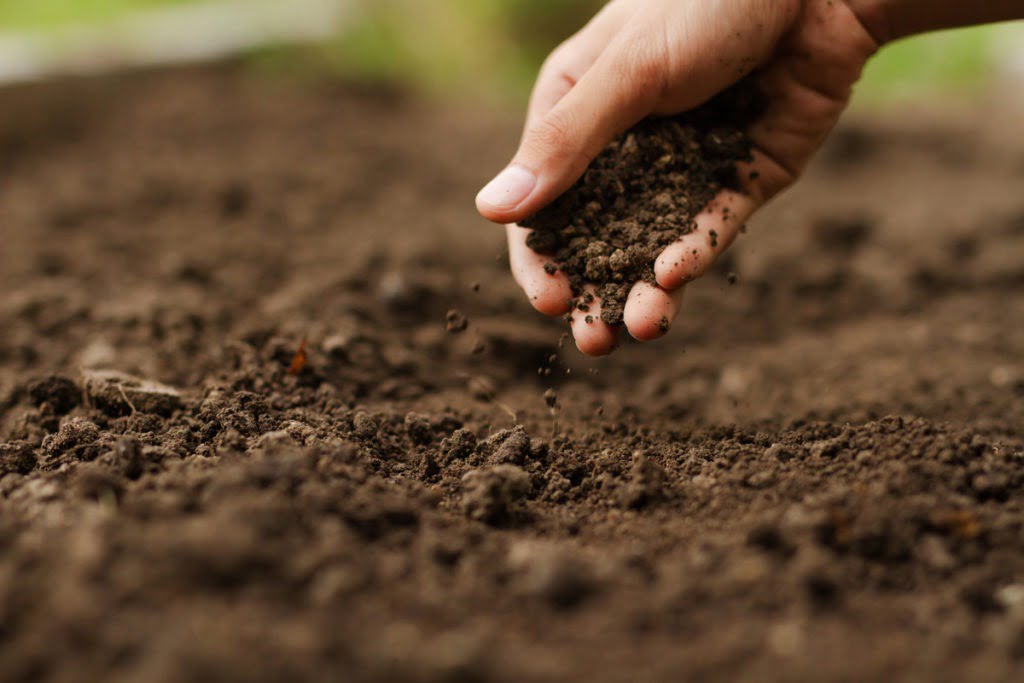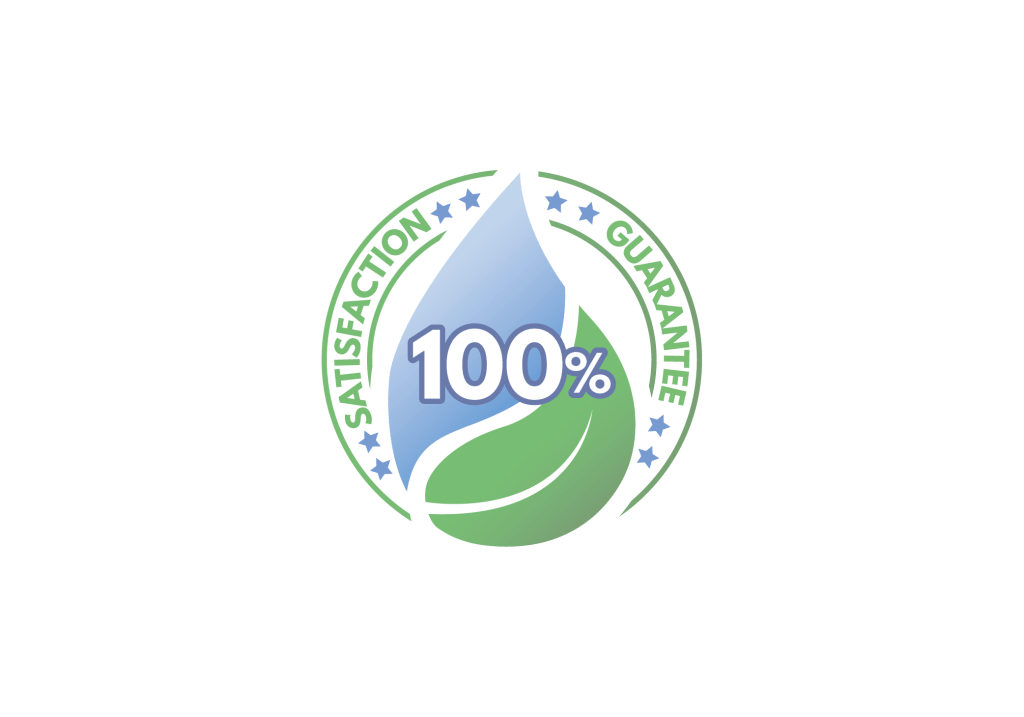
When you get down to the basics, plants are pretty simple. They require sunlight, water, and oxygen. This makes them pretty foolproof, right?
However, what if your plants have all the essentials, but they still struggle to grow? If this happens, it may be time to invest in a soil test.
When Should You Conduct a Soil Test?
There are several situations when you should conduct a soil test. These include:
- One hasn’t been done in three years
- You want to see if amendments have an impact
- You moved and want to see what type of soil you have
- You plan to expand your garden
- Your plant is struggling to grow
Is There a Right Time of the Year to Conduct a Soil Test?
If you think there is a problem, it’s best to conduct a soil test sooner rather than later. It is best to do this when the soil is not frozen. That way, you can make any needed changes as soon as you get the results back. You will also have time to recalibrate the soil. Remember, when it comes to changing any issues with the soil in your yard, it will take some time. This means you need to remain patient and don’t give up.
Who Conducts Soil Testing?
For immediate results, you can purchase a soil kit from the local home and garden store and handle the process yourself. Or, if you are patient, have a professional handle the job. In most cases, the results received from the pros will be more accurate. There are plenty of landscaping services that provide this as a service along with your local Extension office.
What Information Does the Soil Test Provide?
A soil test is going to let you know everything about your soil. This includes the amount of organic matter present, the level of macronutrients, and the pH level. The standard tests will only provide you with information on the characteristics of the soil. This means they do not test for other things, such as pesticides, pollutants, or other compounds that may be toxic.
With more advanced tests, you can get even more information, such as the soil’s texture (i.e., sand, clay, or silt). You will also be able to learn more about the different micronutrients that are in your soil. You can even measure the soil salinity, which tells you the amount of salt that is present. If your plants do not grow well, this is information can be valuable.
Once you have this information, you can make changes as needed or have the professional service you hired to do this for you. Some of the most common solutions for poor soil include:
- Add organic matter
- Add organic mulch for high pH and a product containing lime for low pH
- Use fertilizer with the nutrients lacking in your soil
By having a soil test conducted, you will know what is going on with your soil and what your plants need to not only survive but thrive. Keep this information in mind to make the most of this growing season.


